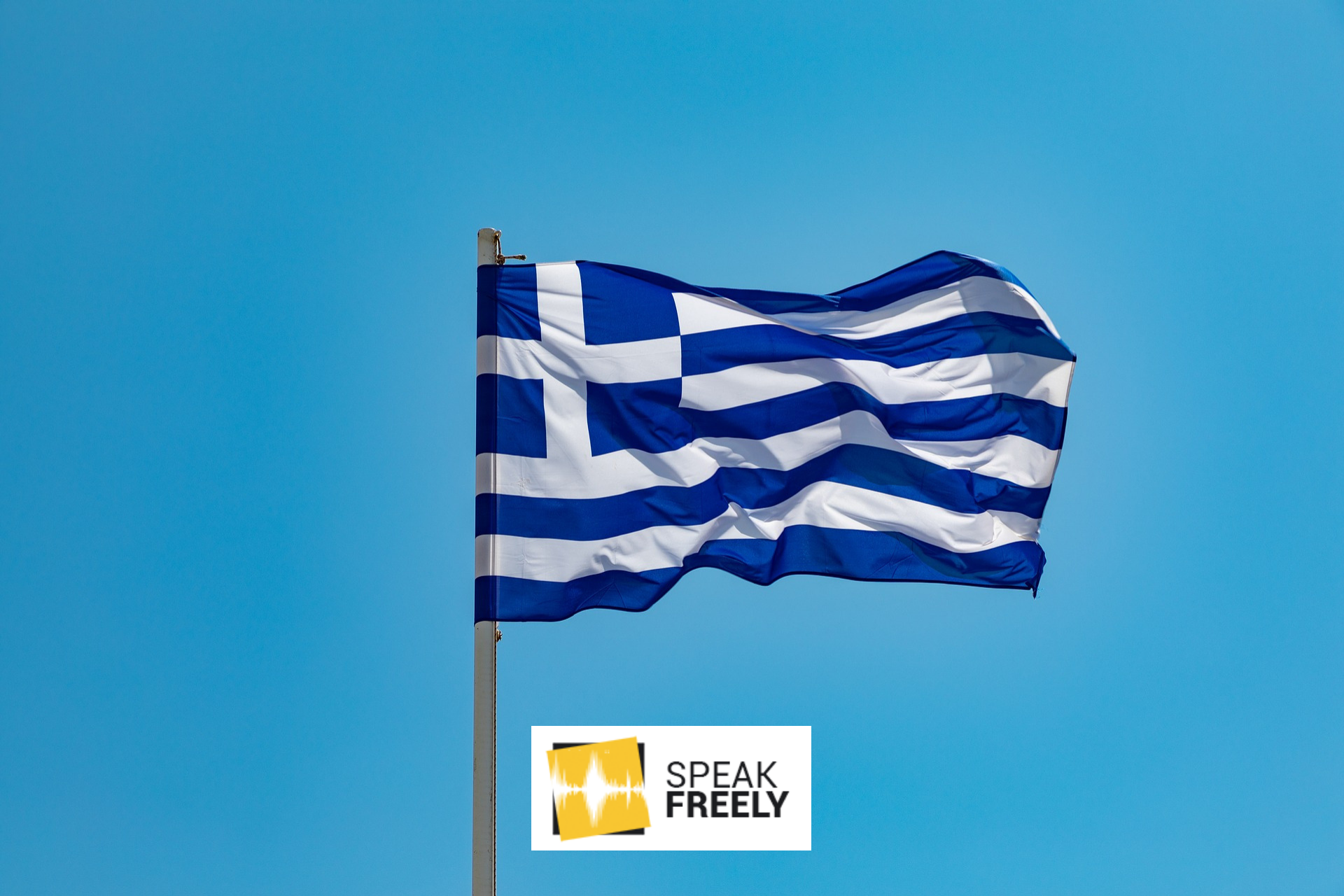One month ago the Greek Prime Minister, Alexis Tsipras, announced that the third bailout program is finally over. The European Union congratulated the Greek Government and the President of the European Commission, Jean-Claude Juncker, said that ‘’Greek people begin a new chapter in their storied history’’. Europe might be celebrating this as a success story now, but the large image of the Greek economy is much different.
Since 2008, the largest deteriorations in freedom occurred in Syria, Egypt, Venezuela, Belize and Greece. More specifically, Greece is the least economically free, the least competitive and least innovative country in the EU, while according to the Tax Freedom Day report, Greeks in 2018 will work on average for 198 days just to pay their taxes and social security contributions.
Only four countries have experienced less growth than Greece in the past 10 years: Libya, Yemen, Venezuela and Equatorial Guinea (excluding microstates, such as San Marino). The first two are countries that have been beset by civil war for most of this time, and the last two are petro-dictatorships.
In 2015 there was one last hope for Greek people. The radical left-conspiracy theory right coalition, Syriza-Anel, came in power and promised to end austerity. Contrary to the promises, austerity did not end there. Capital controls were imposed and Greece signed a third, strict bailout program after a sketchy referendum.
Since then, wages and pensions were once again cut, taxes continued to rise, and unemployment remains the highest in EU, especially among young people who are fleeing the country in large numbers. The toll of the current government is estimated to about 100 billion euros in an economy that had already lost 25% of its GDP in a few years time.
Disillusioned by the prospect of a magical solution, Greeks are finally turning to a more reasonable alternative: According to a recent survey, for the first time in recent history liberalism is the most popular ideology in Greece: 19% of Greeks identify themselves as liberals and 8,2% as neoliberals (compared to the 13.4% of the social democrats), while 57,1 % say that liberalism is a “good thing”.
Sure, these are baby steps. According to the same survey, when asked to elaborate on their liberalism, Greeks often give incoherent and contradictory answers, both in the economy and in individual rights, which reveal the deeply rooted statist, anti-liberal past of the country as well as a high degree of ideological and economic illiteracy.
There are good reasons to be optimistic though: A number of newly formed liberal think-tanks are increasingly gaining visibility and impact. Books about liberal ideas which were virtually non-existent in Greece just a decade ago are being published in bulk and quickly becoming best-sellers. Liberal ideas are being discussed both in the Parliament and in the ubiquitous Greek cafés. Market-oriented policy proposals are being adopted by parties of the democratic opposition, some of which are starting to self-identify as liberal.
The challenge is therefore twofold: To inform Greeks, especially young people, about the content of liberalism, and to provide policy proposals that answer to their concrete problems and hopes.
It’s not going to be easy , but it is something worth fighting for.
This piece solely expresses the opinion of the author and not necessarily the organisation as a whole. Students For Liberty is committed to facilitating a broad dialogue for liberty, representing various opinions. If you’re a student interested in presenting your perspective on this blog, click here to submit a guest post!
Image: Pixabay
